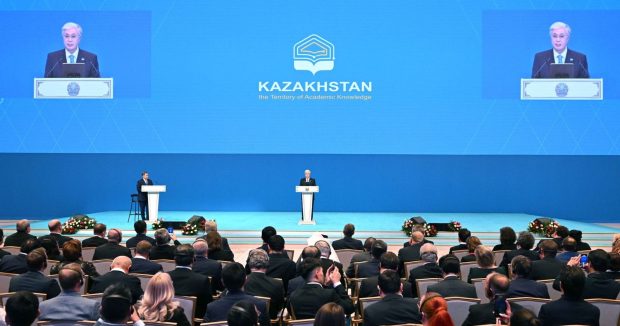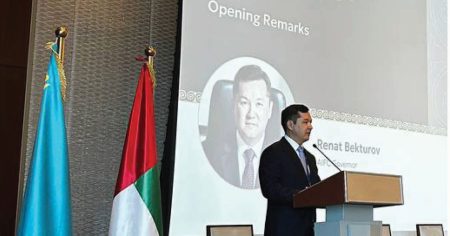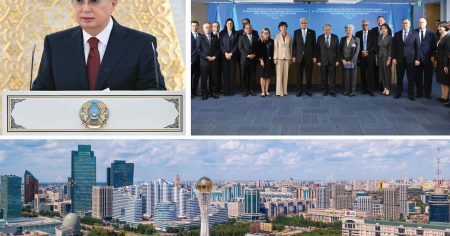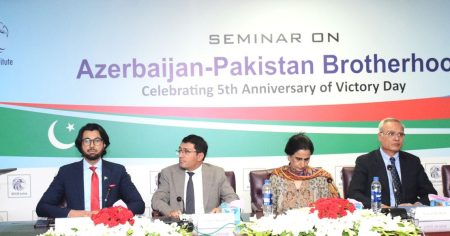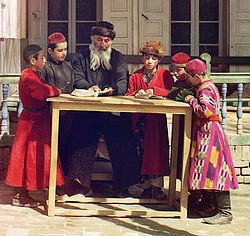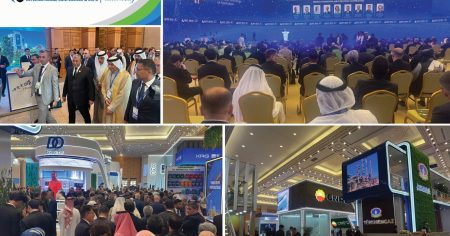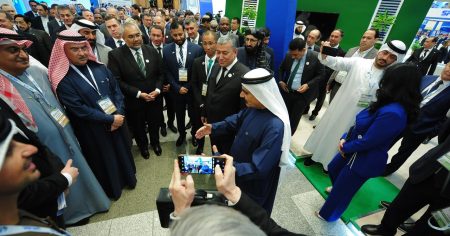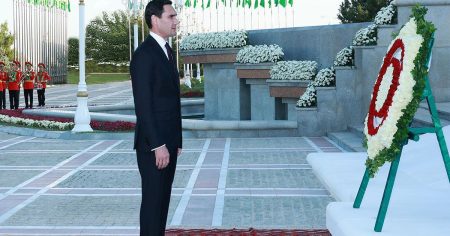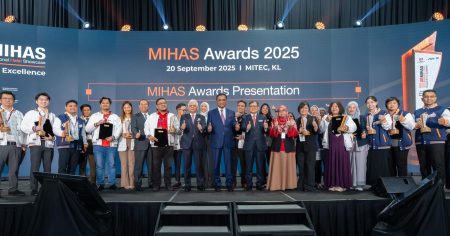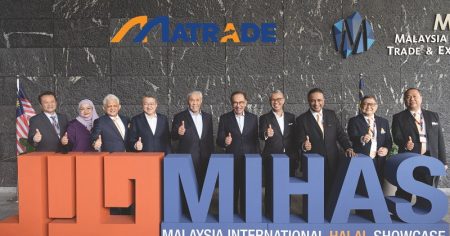By: Dr. Abdulrahim I. Abdulwahid
Astana – In a visionary address at the 2nd International Forum of Strategic Partners “Kazakhstan – The Territory of Academic Knowledge,” President Kassym-Jomart Tokayev outlined an ambitious roadmap positioning education, science, and artificial intelligence (AI) as the key forces driving Kazakhstan’s transformation into a global knowledge hub.
Through this vision, Astana seeks to localize technology within the education system and transform universities into centers of knowledge production that serve the real economy and open new opportunities for youth.
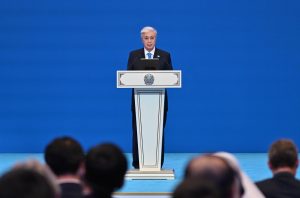
At its core, the speech emphasizes that Kazakhstan’s future will not be built solely on natural resources, but on creative minds and the ability to harness science in the service of sustainable development — a message that clearly aligns with the pillars of Kazakhstan’s Vision 2030 toward a modern, digital, and regionally leading nation.
In his address at the Second International Forum of Strategic Partners, “Kazakhstan – The Land of Academic Knowledge,”the President called for deepening global cooperation in higher education, expanding access to quality education, and accelerating digital reforms to secure Kazakhstan’s position in the emerging global knowledge economy.
President Tokayev’s speech comes at a pivotal moment in Kazakhstan’s national transformation, reflecting the country’s transition from institutional reform to building an integrated knowledge-based economy founded on innovation, artificial intelligence, and global academic openness.
The high-level forum brought together leaders of prominent universities and global academic organizations, including QS, MGIMO University, Beijing Language and Culture University, Cardiff University, Woosong University, Minerva University, and the National Research Nuclear University MEPhI, highlighting Kazakhstan’s growing international partnerships in education.
Education Investment and Reforming Science
President Tokayev emphasized that Kazakhstan views education and science as national priorities essential for long-term prosperity. Since 2019, public funding for the sector has tripled, enabling universities to gain autonomy and expand their research capacity.
A new Law on Science and Technological Policy has been enacted, creating a modern legislative framework for innovation, while the newly formed National Council for Science and Technology under the President now serves as a platform to coordinate and support scientific development — particularly empowering young researchers.
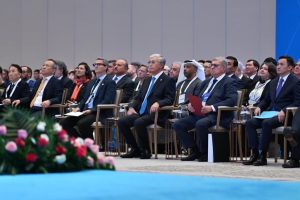
“Education and science are the driving forces capable of changing the world. Our universities must adapt to the demands of a rapidly transforming era,” Tokayev stated.
He noted that five Kazakh universities were recently included in the Times Higher Education global ranking, marking a milestone in the nation’s academic progress.
Equal Access Through National Education Funds
To ensure inclusive access to quality education, the President announced two landmark programs.
Under the National Fund for Children, 50% of the National Fund’s annual investment income is allocated directly to personal accounts for every child in Kazakhstan. Complementing this, the “Keleshek” educational savings system allows families to accumulate funds for future studies, enhanced by state incentives and investment returns.
“These initiatives,” Tokayev said, “reflect our determination to guarantee that every child — regardless of background — can access modern, high-quality education.”
Strengthening Global Academic Partnerships
Kazakhstan has built partnerships with 40 leading international universities and opened 33 foreign university branches, offering programs in English, Russian, and Chinese — while maintaining mandatory courses in Kazakh language and history to preserve national identity.
“Multilingualism in education is the key to openness and competitiveness — for people, institutions, and entire nations,” Tokayev affirmed. “We are taking a conscious step toward integration into the global academic space.”
The country currently hosts over 31,000 international students, and plans to increase that number to 100,000 by 2029. To achieve this, Kazakhstan will simplify visa procedures, enhance study conditions, and launch post-graduation employment programs to attract and retain global talent.
Opening foreign university branches aligns with Kazakhstan’s goal to strengthen engineering and IT education. The President also emphasized the training of nuclear energy specialists as a national priority — a point supported by MEPhI Rector Vladimir Shevchenko during the forum.
Artificial Intelligence as a Strategic National Driver
A major theme of the President’s speech was the integration of artificial intelligence in education and across all sectors of the economy. Referring to global forecasts that AI will contribute over $15 trillion to the world economy by 2030, Tokayev emphasized Kazakhstan’s commitment to harnessing this potential.
“The development and integration of AI technologies are among Kazakhstan’s highest strategic priorities,” he said. “Investments in education and science are a step toward a brighter future.”
He cited the success of the AI-Sana program, completed by more than 540,000 students, and confirmed that AI courses are now mandatory in schools and universities. Preparations are underway to launch a dedicated IT university, while a pilot project integrating ChatGPT-based educational tools— following agreements with OpenAI — is being implemented to accelerate digital learning and innovation.
“These steps mark Kazakhstan’s transition toward a fully digital education system,” Tokayev added, “and demonstrate our readiness to join the global knowledge economy.”
Linking Education with the Real Economy
President Tokayev underscored that academic progress must directly contribute to the real economy. He cited the partnership between Kozybayev University and the University of Arizona, which developed technology to convert sulfur into advanced polymers — a significant innovation for a resource-rich nation like Kazakhstan.
“Education and science must work hand in hand with industry,” Tokayev noted. “This synergy will ensure that our academic institutions not only generate knowledge but also create value for society and the economy.”
A Vision for a Knowledge-Driven Future
Concluding his address, the President reaffirmed Kazakhstan’s course toward becoming a technologically advanced, innovation-oriented state.
“Strong universities are factories of the future — where ideas are born and barriers are overcome. We will continue to rely on education and science as the foundation for building a clean, safe, and strong Kazakhstan.”
Through its expanding partnerships, science reforms, and AI-driven modernization, Kazakhstan is positioning itself as a bridge between East and West — and a regional leader in the global knowledge economy.


